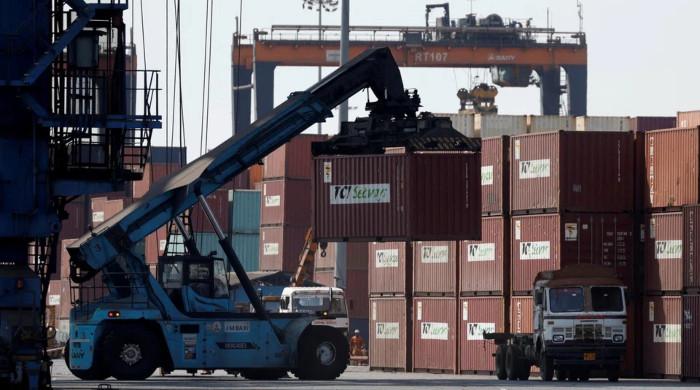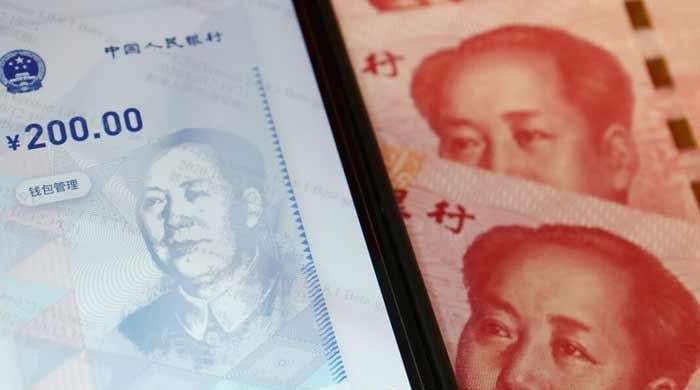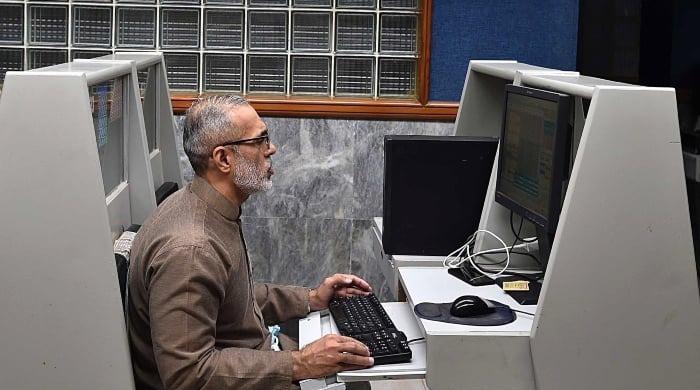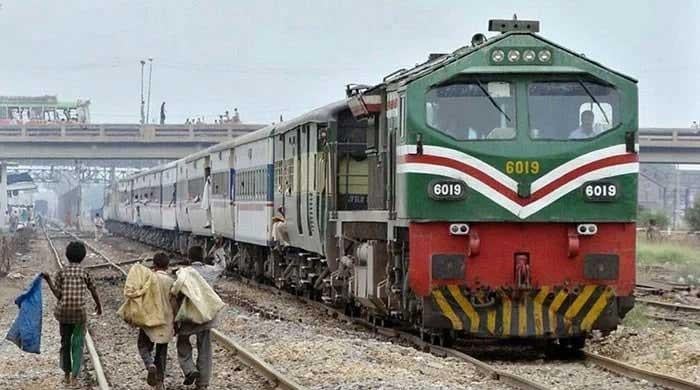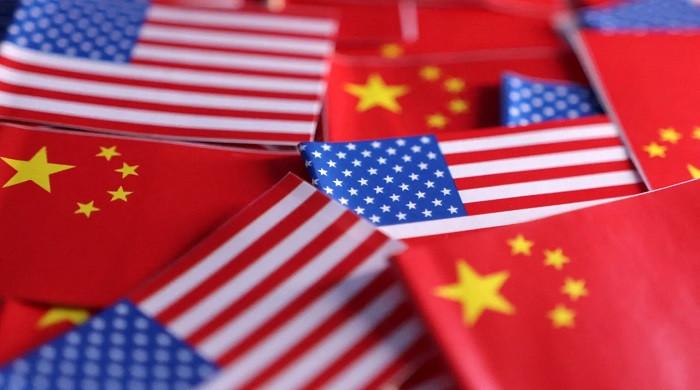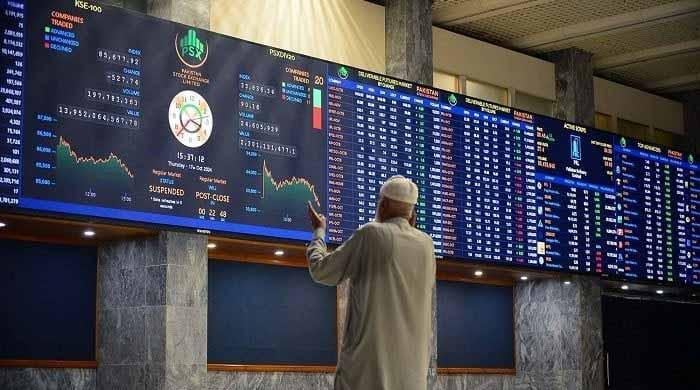With 8% increase, digital payments share rises to 84% in FY2024
SBP attributes boost in digital payments to increase in customers using such channels due to their convenience
October 12, 2024
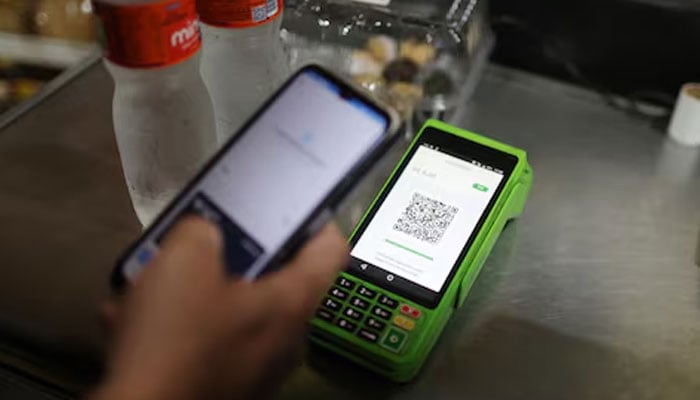
- Internet banking users witness 25% increase, says State Bank.
- With 62% boost, 1,346m transactions recorded valuing Rs70 tr.
- Customers make 2,697m payments via mobile app wallets.
KARACHI: In a rather positive development on the economic indicators' front, the share of digital payments in the country has witnessed a notable increase of 8% to stand at 84% — from the previous 76% — in the fiscal year 2024 (FY24), The News reported on Saturday.
The data from the State Bank of Pakistan (SBP) shows that the volume and value of retail payments in the country increased by 35%.
The central bank, in its annual payment systems review for FY24, attributed the expansion in digital payments to growing number of digital channel users, facilitated by the convenience and variety of products offered through mobile banking apps, internet banking portals, and mobile wallets.
"The expanding share of digital payments is mainly associated with the increased number of customers using digital channels due to the convenience and wide range of products/services offered through these channels," said the report.
Notably, mobile app banking users increased by 16%, internet banking users by 25%, while branch-less banking (BB) mobile app wallet users grew by 2%, and e-wallet users by an impressive 85% annually during FY24.
The report said the digital payments made through mobile banking apps and internet banking portals, collectively saw a 62% increase in transactions to 1,346 million, with the value of these transactions rising by 74% to Rs70 trillion. Similarly, mobile app-based wallets experienced substantial growth, with customers making 2,697 million payments through their BB mobile app wallets and 85 million through EMIs' e-wallets.
The expansion of the POS machine network has also contributed to the growth, with the number of POS machines increasing by 8.9% to 125,593, supporting card-based transactions at a growing number of retail outlets and stores.
E-commerce payments have also seen a remarkable shift, with 87% of digital payments for e-commerce now being initiated through bank accounts or digital wallets. A total of 309 million e-commerce payments were made during FY24, with a transaction value reaching Rs406 billion.
Transactions via real-time gross settlement (RTGS) saw a significant uptick in FY24, rising from 4.9 million to 5.8 million in volume. The major contribution to RTGS transactions came from the settlement of government securities, followed by inter-bank fund transfers, third-party customer transfers and ancillary clearing settlement, respectively.
The report said that during FY24, a total of 496.1 million transactions amounting to Rs11.6 trillion were processed through Raast, which is Pakistan’s instant payment system. Last year in FY23, the number of transactions stood at 147.2 million with a value of Rs3.1 trillion.
Payment system infrastructure — which refers to the systems, applications, technologies and networks that facilitate the transfer of money among individuals, businesses and governments — plays a key role in a country’s economy as it enables efficient and secure fund transfers between individuals, businesses, government and financial institutions, according to the report.
It includes everything from payment card processing networks and digital payment platforms to brick-and-mortar banks and mobile payment solutions. A robust payment infrastructure is essential for accelerated financial inclusion and economic development.




